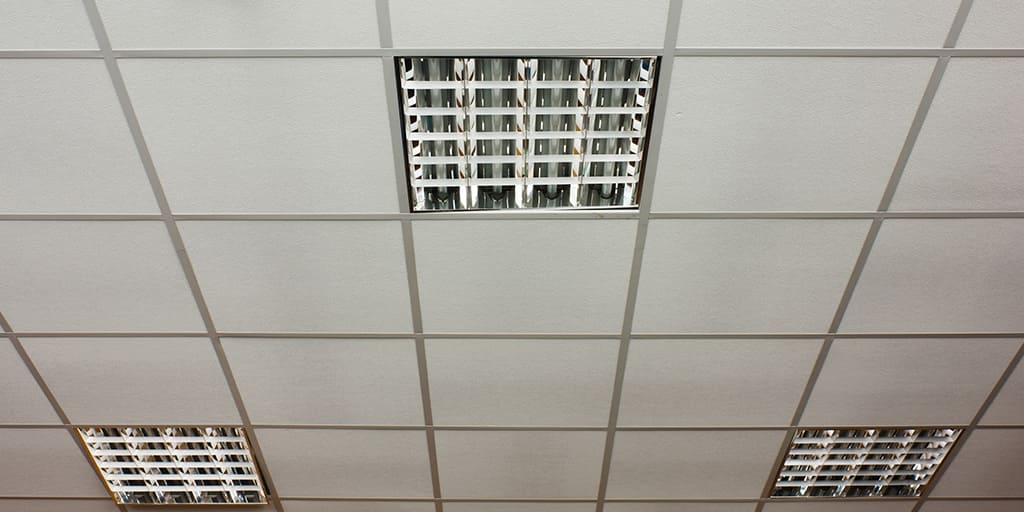Are Ceiling Tiles Toxic?

Introduction
When it comes to home improvement and interior design, ceiling tiles often come into play as an aesthetic choice. However, many homeowners and builders are left wondering: are ceiling tiles toxic? This concern is not unfounded; various materials used in ceiling tiles can emit harmful substances. Knowing the potential risks is essential for ensuring a safe living environment. In this article, we will explore the types of ceiling tiles available, their composition, the potential health risks associated with them, and effective safety measures to mitigate these concerns.
What Are Ceiling Tiles Made Of?
Ceiling tiles can be crafted from a variety of materials, each with its unique properties. Understanding these materials is pivotal in assessing any toxicity concerns.
Common Materials Used in Ceiling Tiles
- Mineral Fiber: Often used for acoustic ceilings, mineral fiber tiles can absorb sound and are usually fire-resistant.
- PVC (Polyvinyl Chloride): Lightweight and water-resistant, PVC tiles are popular in areas with high moisture, like bathrooms.
- Gypsum Board: Widely used for its durability, gypsum board is often treated with additional chemicals for fire resistance.
- Wood: Provides a natural aesthetic but may be treated with preservatives that could release toxins.
- Metal: Aluminum and steel tiles offer a modern look but can be prone to rust and corrosion if not treated properly.
Potential Toxic Components
While ceiling tiles serve functional and aesthetic purposes, some materials may contain harmful substances:
- Asbestos: Historically used in many building materials, asbestos is a known carcinogen. It can be found in older ceiling tiles, posing significant health risks when disturbed.
- Formaldehyde: Emitted from some types of wood-based products, formaldehyde can irritate the respiratory system and is classified as a probable human carcinogen.
- Volatile Organic Compounds (VOCs): Many ceiling tiles may release VOCs, which can cause headaches, dizziness, and long-term health issues.
Health Risks Associated with Toxic Ceiling Tiles
Understanding the potential health risks is crucial for making informed decisions about ceiling materials.
Short-Term Health Effects
- Respiratory Issues: Exposure to VOCs and formaldehyde can lead to immediate symptoms such as coughing, sneezing, and throat irritation.
- Allergic Reactions: Some individuals may develop allergic reactions to certain materials used in ceiling tiles, leading to skin irritation or breathing difficulties.
Long-Term Health Effects
- Asbestos-Related Diseases: Long-term exposure to asbestos can result in serious health conditions such as asbestosis and lung cancer.
- Chronic Respiratory Conditions: Prolonged exposure to harmful substances may lead to chronic conditions like asthma or other pulmonary issues.
Safety Measures for Choosing Ceiling Tiles
While the risks associated with certain ceiling tiles can be alarming, there are several safety measures homeowners can take to reduce potential toxicity.
Tips for Selecting Safe Ceiling Tiles
- Choose Low-VOC Products: Opt for ceiling tiles labeled as low in VOCs to minimize harmful emissions.
- Check for Certifications: Look for certifications such as Greenguard Gold, which indicates low chemical emissions and a commitment to safety.
- Avoid Asbestos: If you’re renovating an older home, consider having ceiling tiles tested for asbestos before removal or installation.
- Use Natural Materials: Whenever possible, choose ceiling tiles made from natural materials, such as untreated wood or bamboo.
Installation and Maintenance Recommendations
- Professional Installation: Hire licensed professionals for installation, especially when dealing with materials that may contain asbestos.
- Regular Inspections: Conduct routine inspections of ceiling tiles for signs of damage or degradation, which can increase the risk of exposure to harmful substances.
- Ventilation: Ensure proper ventilation in spaces with ceiling tiles to help dissipate any harmful fumes.
Conclusion
In summary, the question, are ceiling tiles toxic? has a nuanced answer. While many modern ceiling tiles are designed to be safe, older materials may pose significant health risks. Understanding the composition of ceiling tiles and the potential health implications is crucial for any homeowner. By choosing safer materials, following proper installation guidelines, and maintaining good ventilation, you can significantly reduce the risks associated with toxic ceiling tiles. Remember, the key to a healthy home often lies in informed choices and proactive measures. So, when renovating or building, always prioritize safety and well-being.



Comments ()